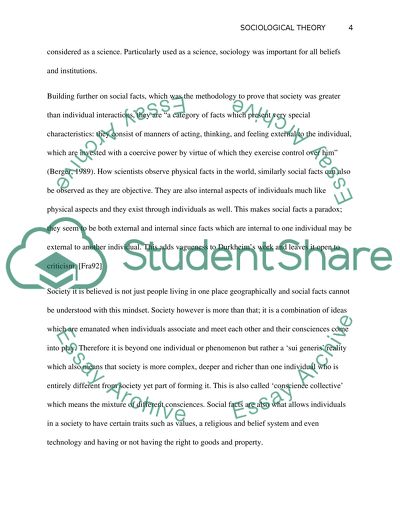Cite this document
(“Sociological Theory. Study Of Society And Social Facts Essay”, n.d.)
Retrieved from https://studentshare.org/sociology/1459304-what-has-sociological-theory-contributed-to-our
Retrieved from https://studentshare.org/sociology/1459304-what-has-sociological-theory-contributed-to-our
(Sociological Theory. Study Of Society And Social Facts Essay)
https://studentshare.org/sociology/1459304-what-has-sociological-theory-contributed-to-our.
https://studentshare.org/sociology/1459304-what-has-sociological-theory-contributed-to-our.
“Sociological Theory. Study Of Society And Social Facts Essay”, n.d. https://studentshare.org/sociology/1459304-what-has-sociological-theory-contributed-to-our.


